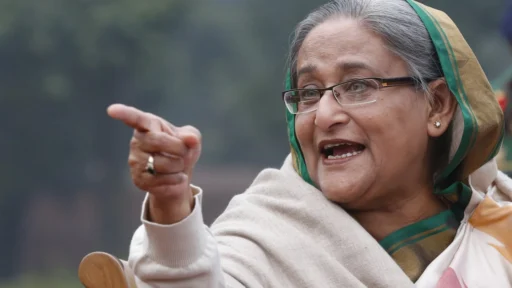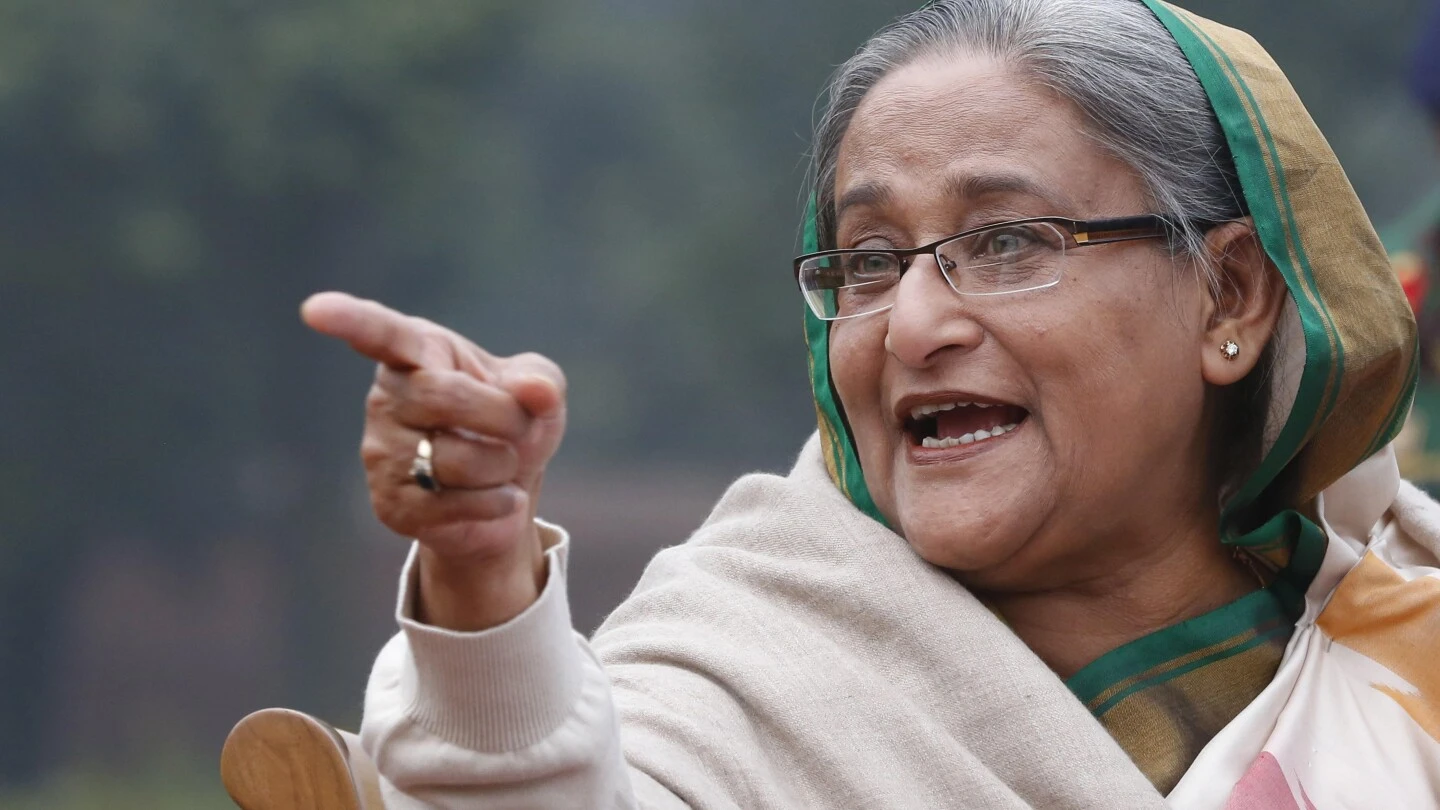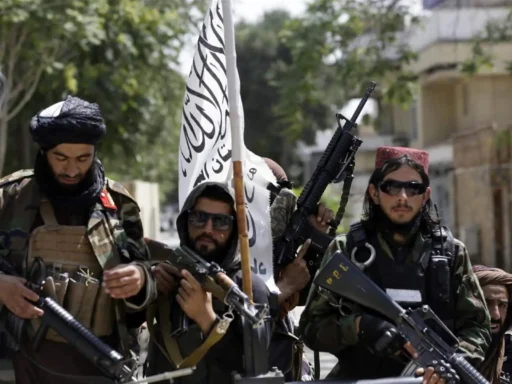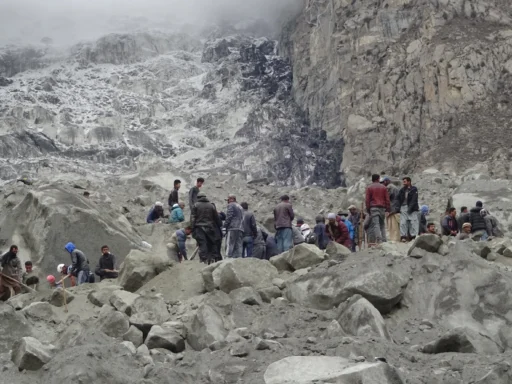Unprecedented Anti-Corruption Hearings Begin in Dhaka
On August 11, 2025, a Dhaka court initiated high-stakes hearings of graft case against Sheikh Hasina and several members of her family. These cases, rooted in the controversial Purbachal New Town Project, allege that prime plots in a Dhaka suburb were improperly allocated to Hasina and her relatives. Three officials from the Anti-Corruption Commission (ACC) delivered depositions in court, marking the start of what promises to be an extensive legal battle.
Hasina, age 77, has remained in exile in India since fleeing on August 5, 2024, amid nationwide student-led protests. She has defied multiple court orders to return, including to face separate charges at the International Crimes Tribunal (ICT) related to violence during the uprising.
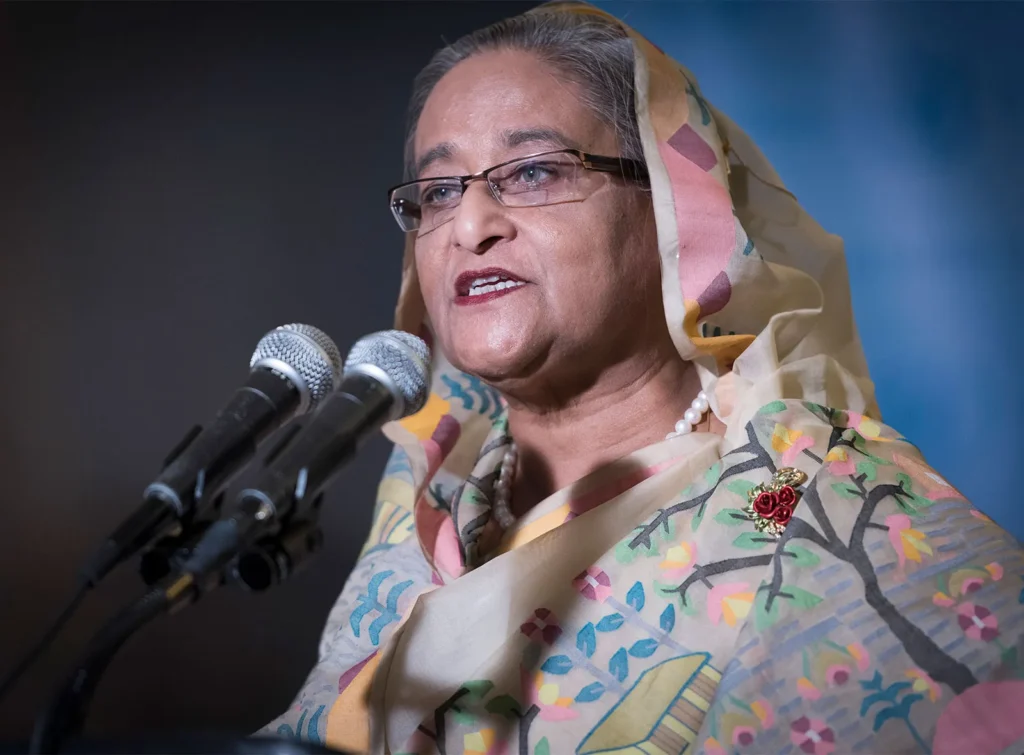
Scope of Allegations and Legal Trajectory
The ACC alleges that Hasina and her family members—including her son Sajeeb Wazed Joy, daughter Saima Wazed Putul, sister Sheikh Rehana, and niece British MP Tulip Siddiq—unlawfully secured six 10-katha plots in the Purbachal project, contravening eligibility norms.
- Six graft cases have been lodged between January 12–14, 2025, with charge sheets filed in March.
- July 31 saw charges framed against 29 accused individuals.
- August 11 marked the first deposition hearing before Judge Mohammad Abdullah Al Mamun in Special Judge’s Court-5, while further hearings involving Rehana’s family are scheduled soon.
- The next deposition hearing is set for August 26.
Since the accused are being tried in absentia, there is no opportunity for cross-examination.
Severed Political Ties and International Fallout
- Sheikh Hasina’s children — Sajeeb Wazed Joy and Saima Wazed Putul — face indictment alongside her, with potential sentences up to 14 years in prison if convicted.
- Tulip Siddiq, a UK MP and former anti-corruption minister, resigned in January 2025 following her name surfacing in these probes. She vehemently denies any wrongdoing, calling the charges politically motivated.
- Meanwhile, Hasina is concurrently facing ICT proceedings for crimes against humanity, including charges related to the crackdown on protesters. She has been indicted, had contempt convictions, and also faces genocide-related allegations.
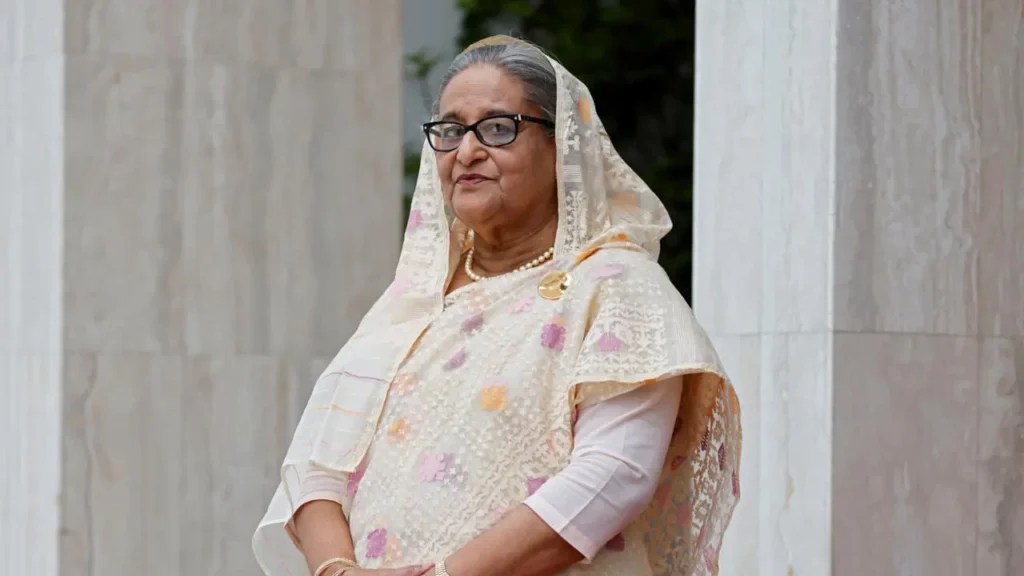
Political Ramifications for Dhaka and Beyond
Amid nation-wide polarization, observers warn that legal actions might also carry deep political undertones, shaping Bangladesh’s trajectory through early 2026 elections.
These trials underscore an escalating shift within Bangladesh’s power structure, as the interim government, led by Muhammad Yunus, pushes forward with reforms and legal reckoning.
Source: The Express Tribune
